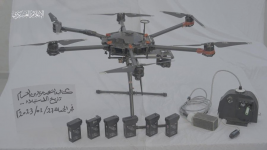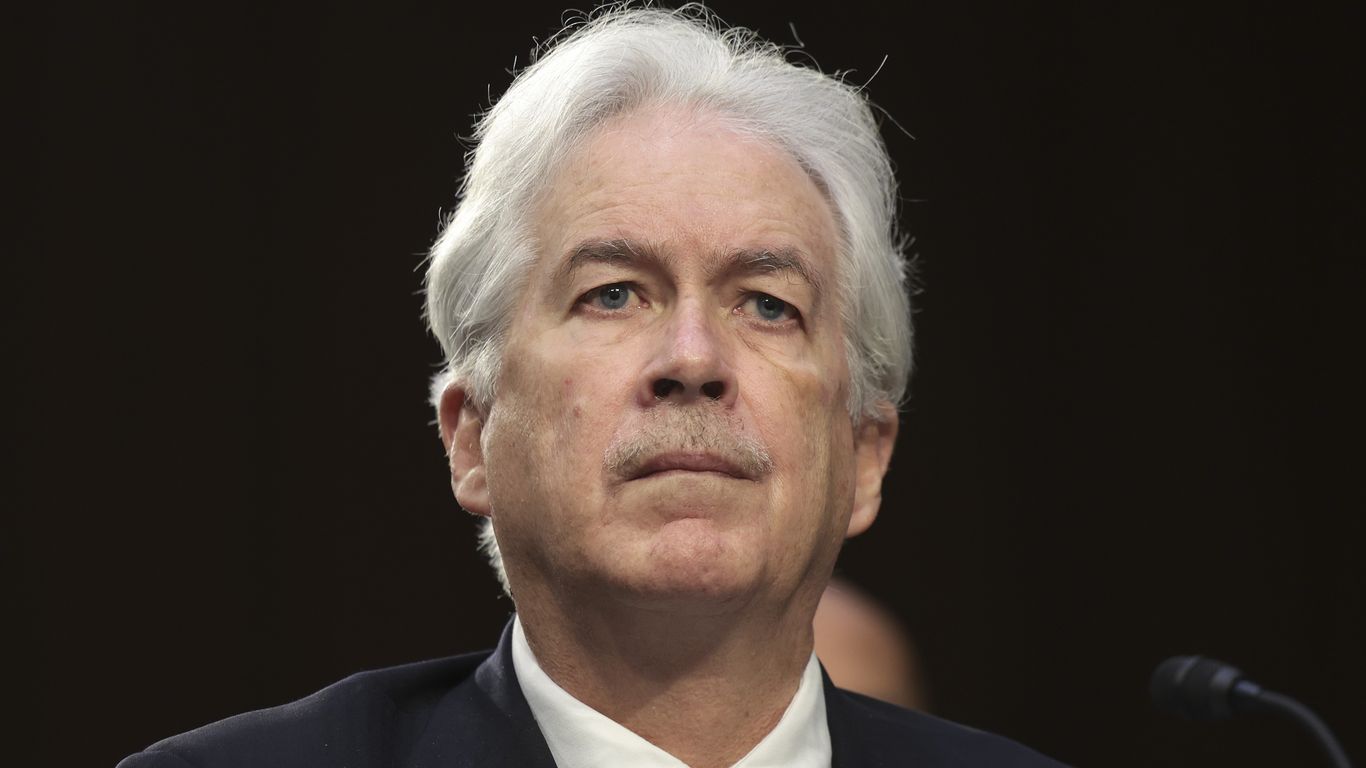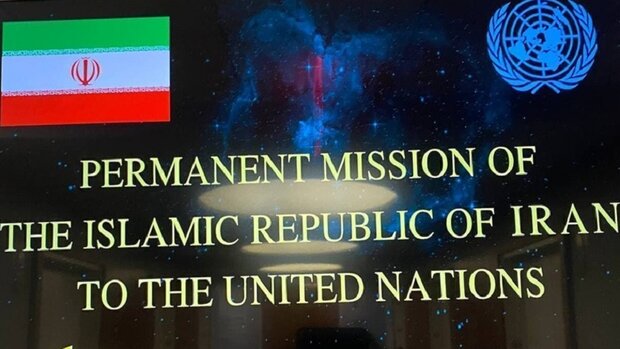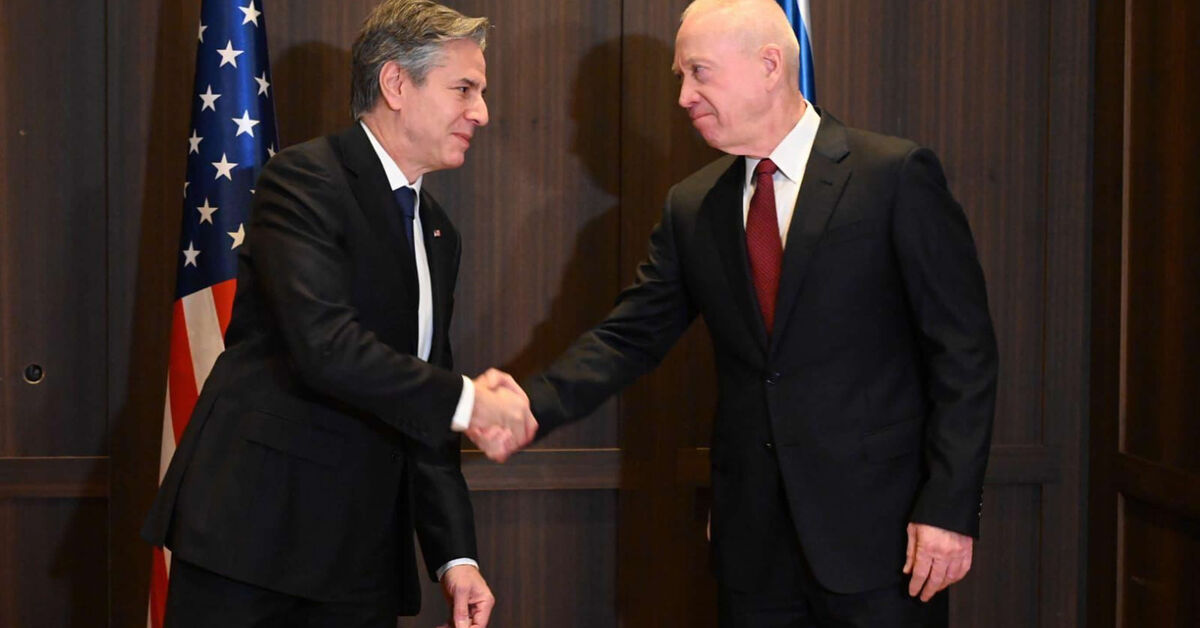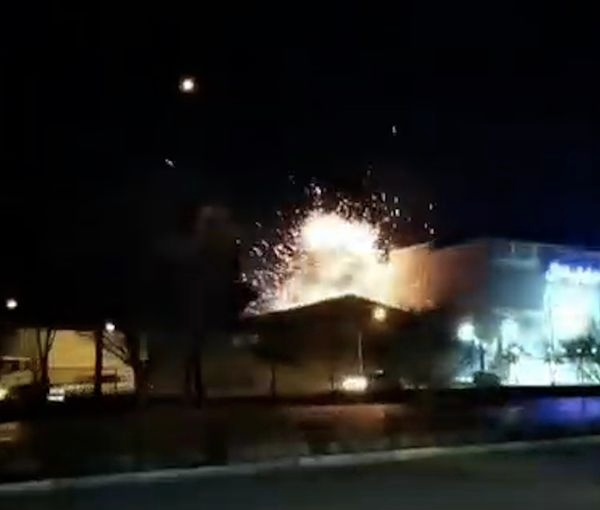Netanyahu fails to bring Israel, US closer on Iran
Ben Caspit @BenCaspit
Israel’s Defense Minister Yoav Gallant met on Tuesday in Jerusalem with US Secretary of State
Antony Blinken, who concluded a three-day visit to the region. As with Prime Minister Benjamin Netanyahu on Monday, Gallant focused in the meeting on the security challenges Israel is facing, primarily Iran and its proxies.
For the first time in a long while, Israel and the United States are on the same page regarding the campaign to block Iran’s nuclear program, a senior Israeli security official told Al-Monitor on condition of anonymity.
“It is a tragedy that we are forced to deal with less important and burning issues at this time. Our mind is on Iran, but our feet are stuck in Silwan,” he said, referring to the east Jerusalem neighborhood that is a hotspot of Palestinian-Israeli violence.
Start your PRO membership today.
Join the Middle East's top business and policy professionals to access exclusive PRO insights today.
US concern over the recent escalation of Israeli-Palestinian violence was one of the key agenda items in back-to-back visits by senior Biden administration officials over the past 10 days, including national security adviser Jake Sullivan, CIA Director Bill Burns and Blinken. The three reportedly also expressed grave concern in their talks with Netanyahu and others over the new government’s accelerated drive to enact a controversial judicial and legal overhaul, which critics regard as an assault on Israel’s democratic foundations.
“Instead of focusing on the real thing, with our main ally — who right now see things the way we do [on Iran] — we have to waste precious time, energy and attention on the Palestinian and legal issues,” the security official said.
Reports in recent days revealed several attacks on Iranian targets, including a
strike on a military facility in the city of Esfahan on Saturday. At first, Saudi-owned Al-Hadath said Washington took part in the strike, but that claim was promptly denied by US officials. On Monday, US officials told the Wall Street Journal that they suspect Israel carried out the strike.
The attack was carried out by heavy-duty four-booster drones and apparently targeted a long-range missile production plant in the central Iranian city. According to foreign media reports, the drones were launched from inside Iran, as was the case with similar attacks. Intelligence sources told The New York Times that the strike was the work of Israel’s
Mossad intelligence agency. The next day, two other raids were conducted against Iranian targets, this time along the Iraq-Syria border against truck convoys carrying ammunition and weapons for Iran’s Lebanese proxy, Hezbollah. The attacks were widely attributed to Israel, which remains mum. Whether these latest strikes signal an escalation in the undeclared war between Israel and Iran remains to be seen.
Last year’s demise of a renewed Joint Comprehensive Plan Of Action (JCPOA) between world powers on curbing its nuclear program has set aside substantive disagreements between the two allies — Israel and the United States. Israel had long tried to prevent a renewed agreement.
A senior Israeli defense official spoke to Al-Monitor on condition of anonymity about the US efforts to halt Iran's nuclear capability. “The Americans are more accessible, more assertive, displaying more determination and also willing to shift their tone and activities in order to make clear to Iran that its progress toward nuclear capability will not go unchallenged. This is manifested on quite a few levels,” he said.
He pointed to last week’s Israeli-American “Juniper Oak” military drill and to the declaration by both sides that followed the exercise, as well as to contacts regarding Iran being held in various world capitals.
The US-Israeli drill is being described as the largest ever between the two allies. Israeli officials say it was designed to test the two sides' readiness for a long-range missile attack and to strengthen operational links in order to deal with regional threats.
Gen. Michael Kurilla, commander of the US Central Command who was in Israel during last week’s drill, was quoted by The Times of Israel in regard to the joint drill and the US-Israeli bond, before heading east for talks in the Gulf states and Jordan. "Today, the partnership between CENTCOM and the IDF [Israel Defense Forces] is stronger and continues to grow. Our partnership is a key pillar of our commitment to expanding regional security cooperation,” he said.
Burns was also in Israel during part of the exercise.
A former top-level diplomatic source told Al-Monitor that Kurilla’s visit and the invitation to the new IDF chief, Lt. Gen. Herzl Halevi, to tour a US aircraft carrier were part of the carrot that the United States was holding out to Israel.
“The problem is that there is also a stick. The Americans are exerting heavy pressure on the Palestinian issue and equally heavy pressure on the threat to Israeli democracy arising from the Netanyahu government’s legislative blitz. We’re talking to them about Iran and Saudi Arabia, while they want to talk about Jenin and Shireen Abu Akleh and democracy,” he said on condition of anonymity, referring to Israel’s special forces raid in Jenin last week, in which 10 Palestinians were killed, and the shooting death last year of the popular Al Jazeera journalist, probably unintentional, by an Israeli sharpshooter.
This discord was reflected clearly in the joint Blinken-Netanyahu news conference on Monday. Blinken ticked off a list of shared interests, including Iran, and then proceeded to teach Netanyahu a lesson in democracy in full view of the cameras.
“That includes our support for core democratic principles and institutions, including respect for human rights, the equal administration of justice for all, the equal rights of minority groups, the rule of law, free press, a robust civil society,” Blinken said, referring to shared US-Israeli values.
“The vibrancy of Israel’s civil society has been on full display of late,” he noted, in reference to the recent massive pro-democracy Israeli protests.
"Building consensus for new proposals is the most effective way to ensure they’re embraced and that they endure,” Blinken added, in a barely veiled reference to the Netanyahu reforms.
It is too soon to determine how effective this US pressure will be in moderating the assault on Israeli democracy. Netanyahu faces a cruel dilemma, perhaps even crueler than the one he confronted in 2009 when both he and President Barack Obama assumed power.
The Netanyahu-Obama clash was described in shorthand as “Bushar in return for Yitzhar," i.e., the United States would support Israel’s campaign against the Iran nuclear program in Bushar (and elsewhere) in return for Israeli concessions on building West Bank settlements, such as Yitzhar.
These days the tradeoff is “Esfahan in return for Silwan.” The difference between then and now is simple: In those days, Netanyahu was a relatively carefree leader. Today, he is under indictment on charges of corruption and in the throes of a fight for his personal freedom and political future.
In his meeting with the US secretary of state, Prime Minister Netanyahu wanted to focus on Iran, but was faced with American criticism on judicial overhaul and the Palestinians.

www.al-monitor.com

